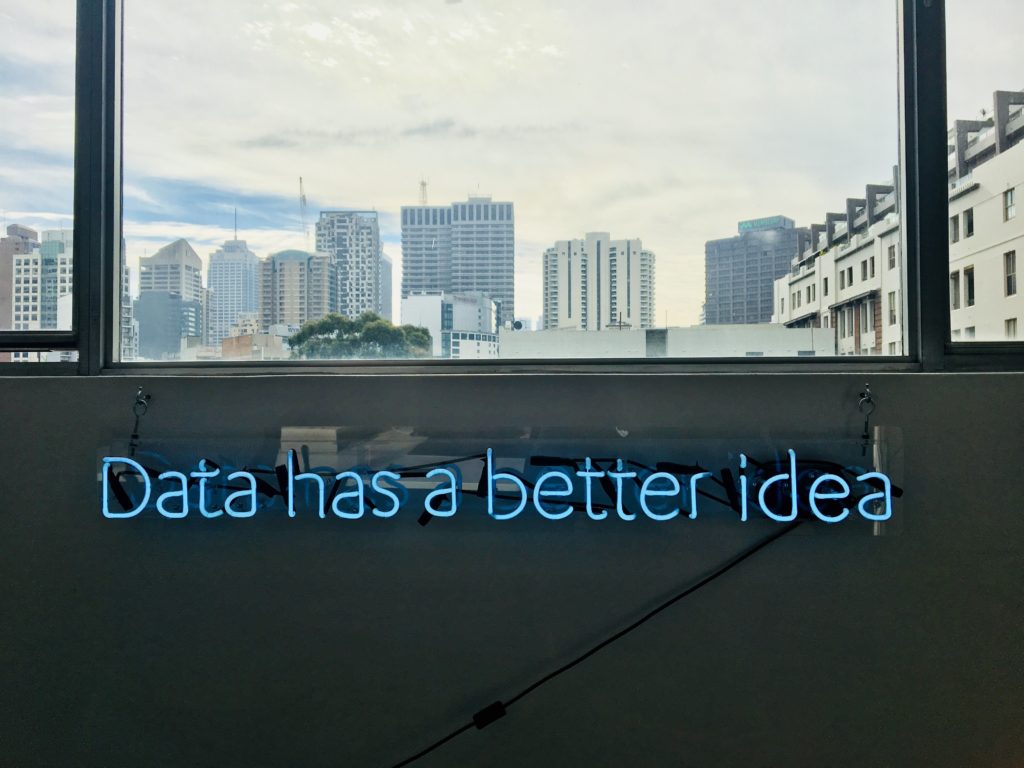Since the outbreak of COVID-19, much of the world has been in flux, and it’s been hard to predict the future of workplace trends. Initially, when the vaccines rolled out, many executives thought that within a few short months everyone would return to the workplace and things would revert to “normal”. However, as the pandemic proved to be even more volatile and threw up new surprises, we quickly realised that things were not that simple.
Remote work culture became firmly established, and now hybrid work is being practised globally. Although the remote work model offers many advantages for employees and employers alike, it also has its challenges.
At the same time, the world is facing a financial crisis, severe inflation, political instability, and talent shortages in certain sectors. All of these realities are shaping the workplace in ways never seen before.
Here’s a look at the trends that are likely to dominate the future of the workplace in the coming years.

The Future of the Workplace: Key Trends We’re Set to See
Remote and Hybrid Work
Remote and hybrid work models came to the fore after the start of the COVID-19 pandemic, and seem to be here to stay. A 2021 WeWork survey found that nearly 79% of C-suite executives plan to embrace the hybrid work model.
The same year, a FlexJob survey showed that out of 4,600 job seekers, 39% preferred a hybrid business model and 58% wanted to work fully remote after the pandemic. With more employees looking for the flexibility of this kind of work, we’re likely to see even more companies permanently embracing remote and hybrid work.
AI-Augmented Teams
The World Economic Forum estimates that by 2025, AI and automation will generate nearly 97 million new jobs. Many people are already finding that their roles are changing, becoming more dependent on AI and automation.
Organisations across almost every sector are discovering the power of AI and how it can be leveraged for better efficiency and productivity. AI will primarily be integrated with business processes involving repetitive tasks to allow employees to focus on more creative or strategic projects, or those that need a human touch or emotional intelligence.
Investing in Analytics and Data for HR
Data is not limited to the marketing and finance departments – many organisations are now leveraging data for better talent acquisition and direct sourcing. HR managers are starting to use data to analyse and address issues such as high employee turnover, as well as assist employees and address their individual needs.
In the future, organisations across all sectors will use digital tools to improve their operations, cultivate a healthy work culture, and create a positive environment for employees. This will include investing heavily in technology to track employee performance and maximise efficiency and productivity across the organisation.
Emphasis on Resilient Staff
Before the pandemic, managers generally looked to hire efficient, effective staff. However, this narrative is shifting thanks to the events of recent years, and we’re moving towards an emphasis on resilience.
With the world facing changes at an unprecedented pace, organisations need to rapidly adapt, and they need staff who are resilient enough to adapt to these changes.
At the same time, employers are not only demanding flexibility from their staff, but also offering it in return, with flexible and accommodating workplace policies.
Greater Focus on Skills
Skills are critical to any job as they directly address the core business challenges, and businesses are realising that their staff’s collective skills are a competitive advantage that allows them to outperform their competition. Organisations of the future will focus more on the skills you have, over the previous roles listed on your resume.
Your role simply describes your relationship with the organisational hierarchy, whereas your skills demonstrate the competencies that can help an organisation meet its goals. By choosing their workforce based on the skills they possess, businesses can answer their core business questions, drive innovation, and achieve success.
Power of Soft Skills
Furthermore, employers in the future will not just look for employees with skills, but they’ll seek certain types of skills for their new hires. Traditionally, companies looked to hire and promote staff members with “hard skills” and technical knowledge.
However, organisations are now realising that soft skills are just as critical, if not more important, than technical skills. Soft skills such as communication, negotiation, teamwork, and critical thinking are essential, as they underpin everything we do at work and are key to being successful in our roles.
Diversity, Equity, and Inclusion
Across the world, governments, businesses, and organisations alike are placing a greater focus on DEI — diversity, equity, and inclusion. People are becoming more socially aware and cognizant of their rights, and discrimination will no longer be tolerated.
In the coming years, businesses will strive to attract and retain talent, diversify their organisational structure, and offer equal opportunities to all employees through proactive policies.
Embrace Future Workplace Trends with Ongoing Education
If the last few years have taught us anything, it’s that we need to be prepared for the unexpected. Although we can try to predict the future of workplace trends, the key is to be flexible and ready to adapt as things change.
With the workplace constantly evolving, further education is more important than ever. Experienced executives are returning to study to update their knowledge, and recent graduates are seeking to expand their skill sets to meet employers’ changing needs.



